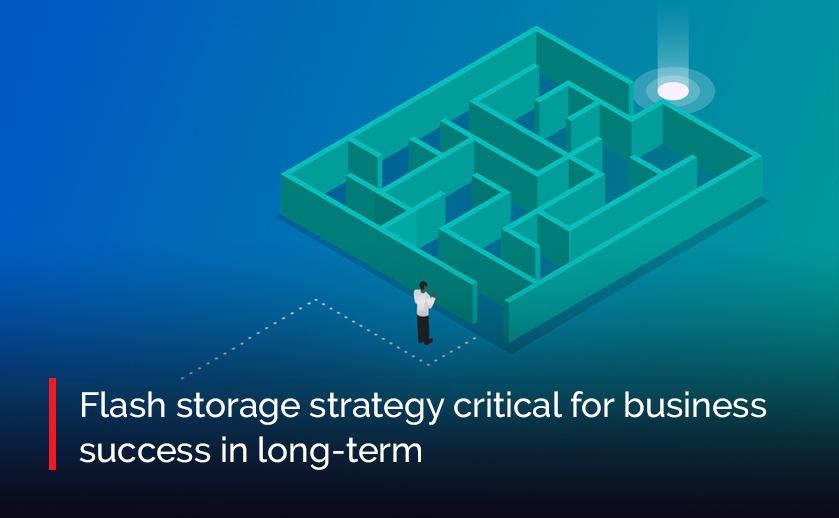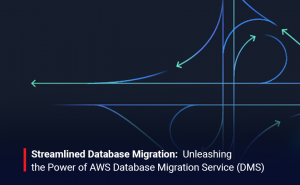Steering the enterprise safely during the pandemic was a tricky affair for the majority of the leaders. As more users adopted digital services in huge volumes, organizations could not afford to be left behind. McKinsey conducted a survey involving top global executives who stated that most industries observed rapid digitization initiatives. They planned to harvest the advantages that generally take at least 3-4 years of progress in a few months.
Deploying digitization at such a scale needs a fantastic feat from the tech landscape, and organizations still using the legacy systems are not likely to be digitally supreme. There is an urgent demand for building digital systems that can adapt smoothly to changing market trends and disruptive user behaviour, as demonstrated by the 2020 pandemic. Cloud computing will be an effective choice for organizations to unlock the true potential of digital transformation practices.
IDC predicts that the worldwide spending on Cloud across all domains, industries and all solutions based on cloud would be over $1 trillion by 2024. We are aware that the cloud has numerous offerings, one of the significant tech initiatives that have empowered organizations to quickly realize benefits, is cloud-based app development. In 2021, creating cloud-native apps for enterprise digital services is more about modifying the complete business landscape rather than just focusing on making lives easier for each department.
Let us try to understand why the practice has gained incredible momentum in recent times.
Serverless architecture
Removal of the architectural engineering portion from the app development enables organizations to emphasize more on what the software demands to achieve from a business standpoint. Most prominent cloud vendors provide support for serverless cloud app development at an affordable price. In other terms, the vendor handles the application’s backbone like the scaling, physical infra, hardware upgrade, and changing configurations of backend hardware and technology.
It frees up the enterprise from having to adjust to time-wasting and exorbitant server management practices. In fact, it is predicted that the serverless architecture market might witness a rise in CAGR of more than 23.17% from 2021-2026.
Universalization of organizational data
As enterprises try to bring in data-centric operational models across their organizational network, every department will demand access to data and insights pertinent to the digital scenario they manage- either as an internal innovation or from a customer POV. Developing the technology stack on the cloud for the enterprise allows flexibility for universal data access. Imposing standard security policies and ensuring the correct trust framework enables organizations to allow continuous interoperability and exchange critical data between different business systems used by various departments. Establishing secure and transparent access to reliable data is one of the cornerstones of digital transformation and cloud-based app development that ensures the practice’s success.
Cycle time reduction
With high competition, leaders don’t want their users to be left waiting for new features to be launched. Cloud-based app development enables organizations to launch digital services rapidly in the market. A blend of Microservices oriented application architecture, continuous deployment and continuous integration, all handled by DevOps, can enable organizations to bring out cloud-native apps on a progressive scale.
Deploy AI and ML capabilities
AI is restructuring the frontiers of self-service and personalization models of businesses. Integration of AI features into legacy application architecture is a complex procedure of organizations. By shifting to a cloud-native application development model for their business, an enterprise can adopt AI capability faster and with better results.
Flexibility, freedom of resource provisioning, capability to deploy trusted innovation, and unmatched scalability are just some of the benefits of leveraging cloud-based app development. There are many positive facets, along with conventional benefits of cloud service like higher scalability, universal availability and reduced cost; there is no turning away from the fact that enterprises will continue to build their digital dreams on the cloud.






